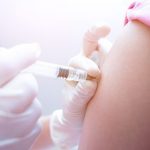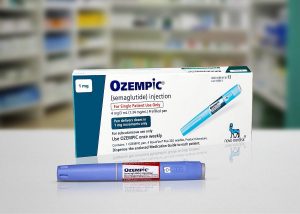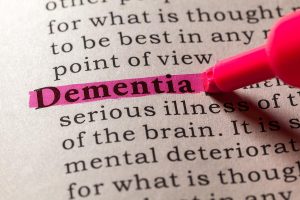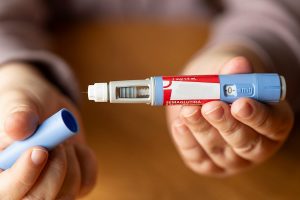
Too much screen time can make your toddler more distractible, British researchers warn. The use of smartphones and tablets by babies and toddlers has soared in recent years. “The first few years of life are critical for children to learn how to control their attention and ignore distraction, early skills that are known to be important for later academic achievement,” said lead author Tim Smith, a professor at the Center for Brain and Cognitive Development at Birkbeck, University of London. “There has been growing concern that toddler touchscreen use may negatively impact their developing attention, but previously there was no empirical evidence to support this,” Smith added. To learn more, Smith’s team studied toddlers with different levels of touchscreen usage, assessing them at 12 months, 18 months and 3.5 years of age. At each visit, the toddlers did computer tasks while an eye-tracker measured their attention. Objects appeared in different locations of the computer screen, and researchers monitored how quickly the children looked at the objects and how well they ignored distracting objects. Toddlers with high daily touchscreen use were quicker to look when objects appeared and were less able to resist distraction than those with little or no daily screen time, the study found. Main researcher Ana Maria Portugal, an associate research fellow at Birkbeck University of London, said the team could not conclude,… read on > read on >
















-300x169.jpg)
















